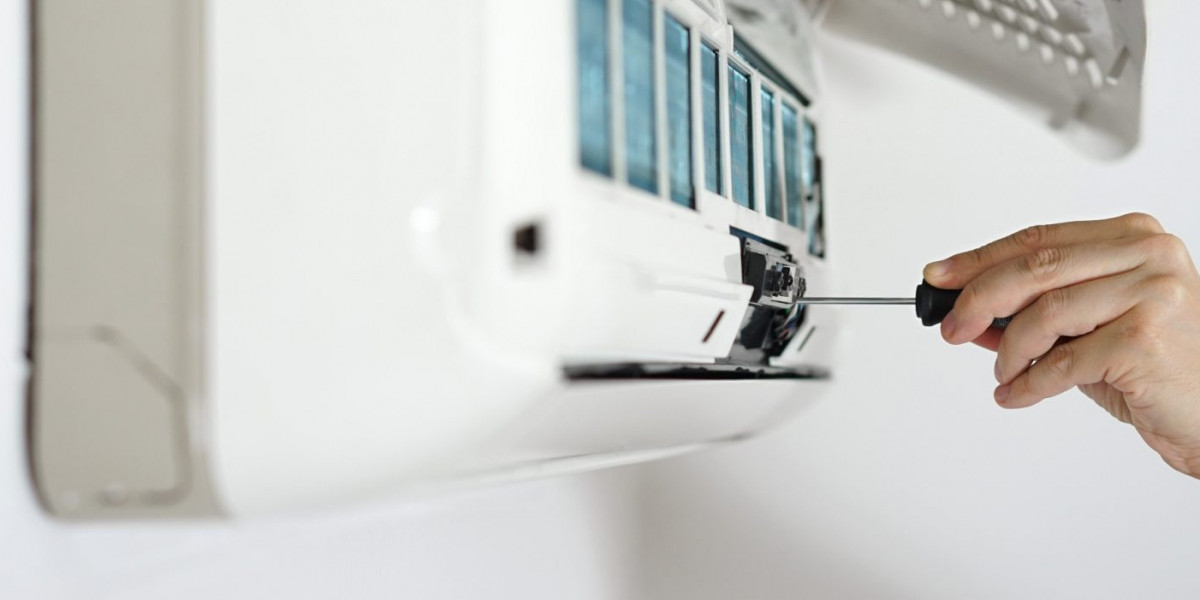Introduction
Government exams have been a fundamental backbone of recruitment into the public sector for millions of applicants to serve their nation. Yet, with increasing logistics challenges to fair and secure practices, the old methods are not able to cut it.
Enter remote proctoring a groundbreaking solution that transforms how government exams are conducted. Leveraging advanced technologies, remote proctoring ensures integrity, accessibility, and scalability, which have been long-standing issues in a traditional exam system.
Understanding Remote Proctoring for Government Exams
Through remote proctoring, candidates can take their exams from anywhere while also being remotely monitored. Using technology, this system is designed to mimic an in-person invigilator's vigilance, thus maintaining the security of the exam environment.
There are three core types of remote proctoring:
Live Remote Proctoring: A live human proctor observes the candidate in real time through webcam
Automated Proctoring: AI tools supervise the candidate with suspicious behavior raised
Record and Review: Recording of the exam session. Institutions can assess flagged incidents by reviewing the footage.
Key technologies enhancing remote proctoring
AI Agents. The backbone for remote monitoring is AI agents.
AI agents revolutionize government exams by acting like tireless invigilators. These smart systems analyze the behavior of the candidates, find anomalies, and flag potential malpractices with accuracy that was never possible earlier. Imagine having an examiner who would observe every nuance without biasing; AI agents make this all possible.
ID Verification: Ensuring Exam Integrity
ID verification is a crucial element of remote proctoring. Before the start of the examination, candidates need to authenticate their identity through government-issued IDs and biometric checks. This prevents impersonation and ensures that the right person takes the examination, thereby gaining trust in the process.
Secure Browsers Integration
The most important reason for using secure browsers is to prevent unauthorized access to external resources during the exams. Secure browsers lock the candidate's device and restrict functionalities such as copy-paste and external searches. This way, a controlled and fair testing environment is ensured.
Advantages of Remote Proctoring in Government Exams
Remote proctoring has many advantages that make it a perfect solution for large-scale government exams:
Accessibility and Convenience: This will save traveling costs and difficulties. This will be helpful to the people residing in remote places.
Increased Security and Fairness: Technologies, such as AI agents and ID verification, can ensure that no malpractice happens during exams and build confidence in the minds of the stakeholders.
Reduced Operating Costs for Government Bodies: As the need for physical test centers and on-site staff is reduced through remote proctoring, this will greatly save operational costs.
Challenges in Implementing Remote Proctoring
While remote proctoring has revolutionized exams, it isn’t without challenges:
Technological Barriers: Not all candidates have access to reliable internet or modern devices, which can create disparities. Bridging this gap is crucial for inclusivity.
Privacy Concerns: The use of cameras, microphones, and AI tools raises legitimate privacy questions. Institutions must strike a balance between security and candidate rights.
The transition from traditional paper-and-pencil exams to electronic exams calls for quite a revolution in the infrastructure and mindset.
The Future of Government Exams Is Undoubtedly Digital. So Here Is What Awaits:
Advancements in AI-Driven Assessments: AI is bound to get more sophisticated and allow for tests and assessment methods that are more fine and adaptable to candidates based on suitability.
Global Adoption of Digital Assessments: As governments around the world realize the benefits, remote proctoring will become the new norm, breaking geographical barriers.
Long-term Impact on Education and Recruitment: By ensuring fairness, security, and accessibility, remote proctoring will redefine how government exams contribute to nation-building.
Conclusion
More than a technological innovation, remote proctoring represents a paradigm shift in the way government exams are taken. With powerful systems such as AI agents, ID verification, and secure browsers, this new method addresses critical challenges while opening new possibilities.
As we embrace this secure, efficient, and inclusive method, the future of government exams is shining brighter than ever before. We are not just modernizing exams by investing in remote proctoring; we're making sure that everyone around the world is on an equal footing and everything is fair and level.















